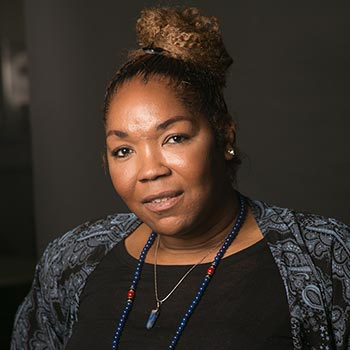Protect
Trans
Health

What do we want?
Discriminating against trans people in health care is illegal, and the Biden-Harris Administration must enforce the law. Many trans and non-binary people are still facing discrimination from insurers, providers, staff, and healthcare services.
Right now, the Biden-Harris Administration needs to hear your comments on a proposed regulation for the Affordable Care Act’s Health Care Rights Law, also known as Section 1557. This regulation has the potential to ensure that the Administration can enforce trans people’s right to be protected from discrimination and harm while seeking health care services.
As of October 4, 2022, the public comment period is now closed. Thank you to everyone who submitted a public comment!
Did You Know?
%
of transgender people avoided going to a doctor when sick or injured out of fear of discrimination in the past year.
%
of transgender people who saw a health care provider in the past year were harassed, denied care, or even assaulted.
Data from the 2015 U.S. Transgender Survey
How does it work?
What does the proposed rule do?
The Biden-Harris Administration and HHS announced that the Office for Civil Rights will interpret and enforce Section 1557 and Title IX’s prohibitions on discrimination based on sex to include:
1. Discrimination on the basis of sexual orientation
2. Discrimination on the basis of gender identity.
Section 1557 prohibits discrimination on the basis of race, color, national origin, sex, age, or disability in covered health programs or activities. The update was made in light of the U.S. Supreme Court’s decision in Bostock v. Clayton County and subsequent court decisions.
What Are Regulations?
Regulations don’t change the law, but they are meant to help people understand the law and follow it. Regulations (sometimes called “rules”) explain how the government interprets the law. Without clear and accurate regulations, businesses or officials may misunderstand the law or simply refuse to follow it.
What's A Public Comment?
In order to adopt or change a regulation, the government is required by a federal law to first get feedback from the public on what they think about the proposed change, by asking people to submit public comments.
Do Comments Work? Will I Be Heard?
The federal government must summarize and consider public comments before implementing a new rule. A large number of comments forces the government to study the issue closely and explain itself—and it’s the best way to show widespread public support. This can lead to a proposed regulation being adopted or even strengthened.
Submitting comments is a way to make your voice heard directly by the people writing regulations that could have a big impact on trans people’s lives. Tell the Biden-Harris Administration to Protect Trans Health!
Our Stories

As a Black trans woman, I have been denied treatment. I’ve had a health care provider who refused to see me. I’ve ended up in the emergency room for liver problems caused by HIV medications and hormones I got off the black market because I had no other option. I was treated in an inhumane way and I still can remember the impact. I felt less than human.
The Affordable Care Act changed everything. Now I have follow-up visits, checkups, and ongoing, affirming health care. The ACA and Health Care Rights Law allow me to access health care, to survive, and to thrive.
Kiara St. James, New York

A few years ago, after being admitted to the emergency room, the doctor found out I was transgender. A few minutes later, I was told that there had been a mistake, that there was no longer a room for me, and that I had to be transferred to another hospital. They put me in an ambulance to the other hospital, which was over 150 miles away, and billed me thousands of dollars that my insurance refuses to cover. I know I’m not the only transgender person who’s faced discrimination like this.
Cathy S., Missouri

I’ve had trouble finding doctors who understand what it means to be trans, and even though I’m a public health student, I’ve avoided getting some kinds of preventive care because I’m worried that I’ll face discrimination from the health care provider. It’s already happened to me once.
Thankfully, I’m now able to get the care I need because of a supportive provider and because of the Health Care Rights Law. I know there are lots more folks out there who don’t have the resources, connections, and education that I have, and they still have trouble getting the care they need.



